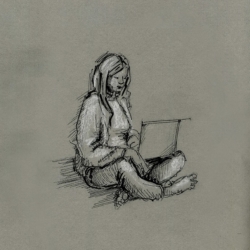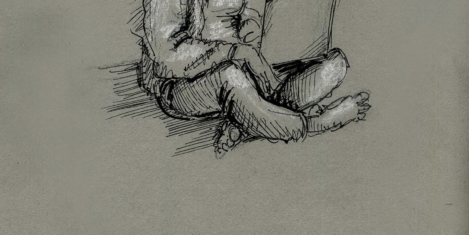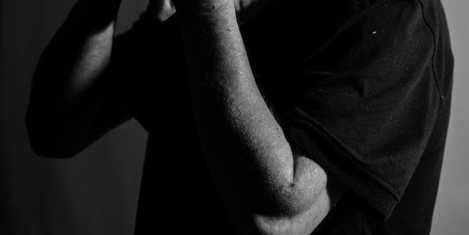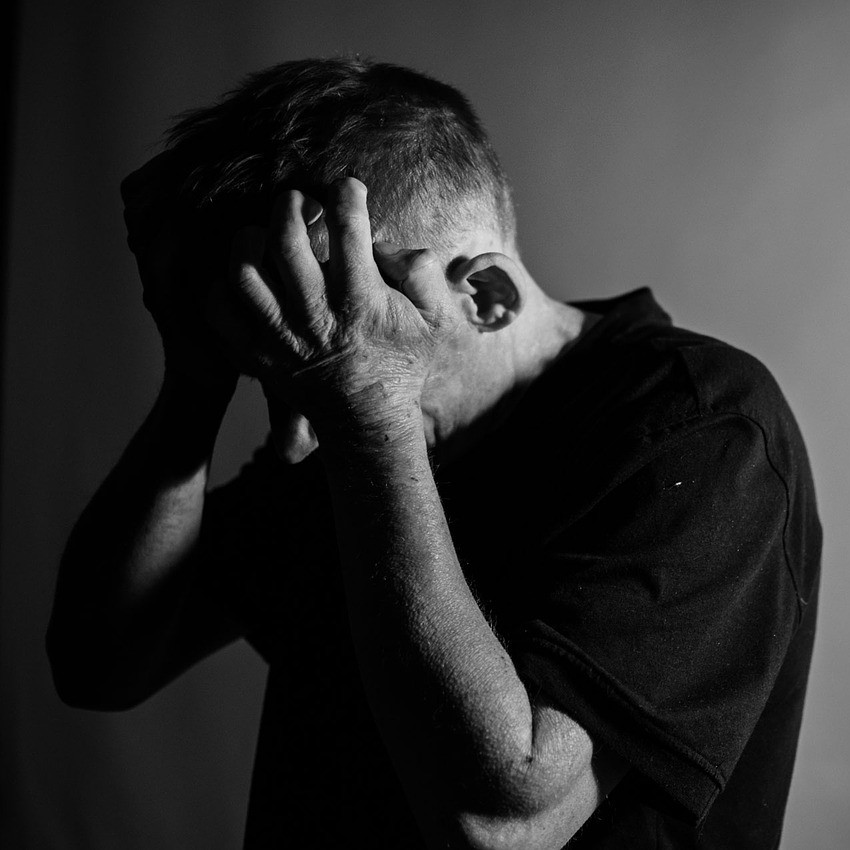June 20, 2024
Two thirds of remote workers suffer from something called productivity anxiety
 A new poll from Workhuman claims that while 61 percent of UK employees report higher productivity when working remotely two thirds of fully remote employees say they suffer from what the report refers to as ‘productivity anxiety’. Of those workers, one in four says they battle feelings of inadequacy or pressure to perform constantly or frequently. The survey suggests that fully in-office workers report the least amount of productivity anxiety, as well as higher levels of motivation than remote workers. Workers who are fully remote are also 69 percent more likely to feel bored while working compared to fully in-office workers. Also of note, hybrid workers report 31 percent less burn out than fully in office ones. (more…)
A new poll from Workhuman claims that while 61 percent of UK employees report higher productivity when working remotely two thirds of fully remote employees say they suffer from what the report refers to as ‘productivity anxiety’. Of those workers, one in four says they battle feelings of inadequacy or pressure to perform constantly or frequently. The survey suggests that fully in-office workers report the least amount of productivity anxiety, as well as higher levels of motivation than remote workers. Workers who are fully remote are also 69 percent more likely to feel bored while working compared to fully in-office workers. Also of note, hybrid workers report 31 percent less burn out than fully in office ones. (more…)












 As COVID-19 continues to limit our daily lives, forcing the Government to extend social restrictions into July, restrictions of a different kind are taking their toll on working women, and may be even longer-lasting, according to research from
As COVID-19 continues to limit our daily lives, forcing the Government to extend social restrictions into July, restrictions of a different kind are taking their toll on working women, and may be even longer-lasting, according to research from 
 Research from
Research from 
 A survey carried out by mental health organisation,
A survey carried out by mental health organisation, 


 Around 6 in 10 London commuters will change the way they travel when the return to work begins, research by
Around 6 in 10 London commuters will change the way they travel when the return to work begins, research by 


 Despite
Despite 







April 29, 2024
Stress, anxiety and a beamish response to it all
by Mark Eltringham • Comment, Legal news, Workplace